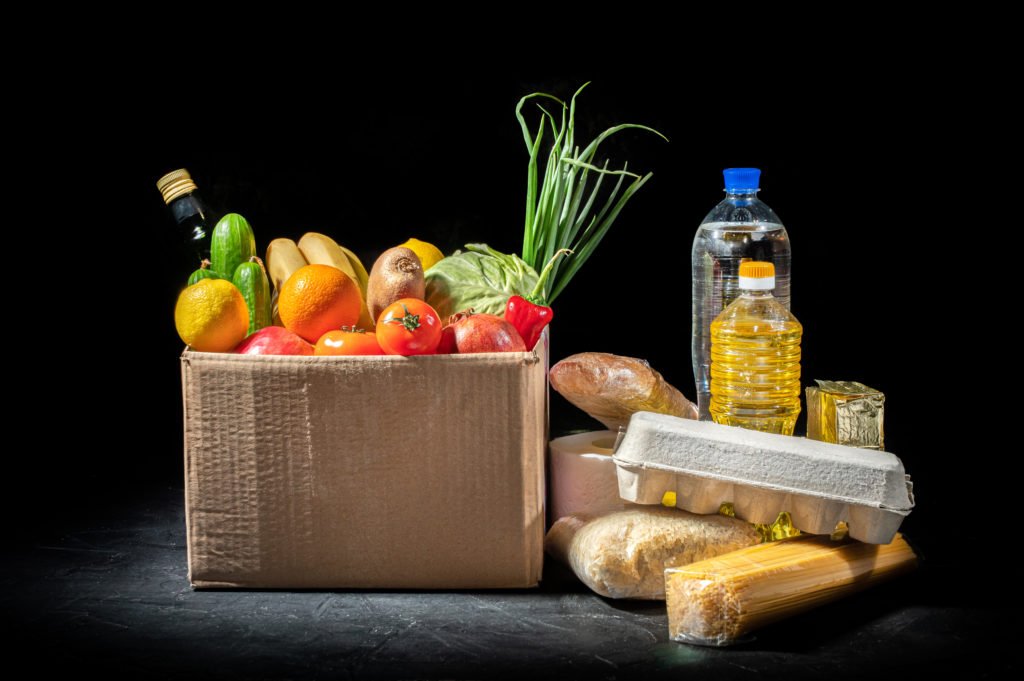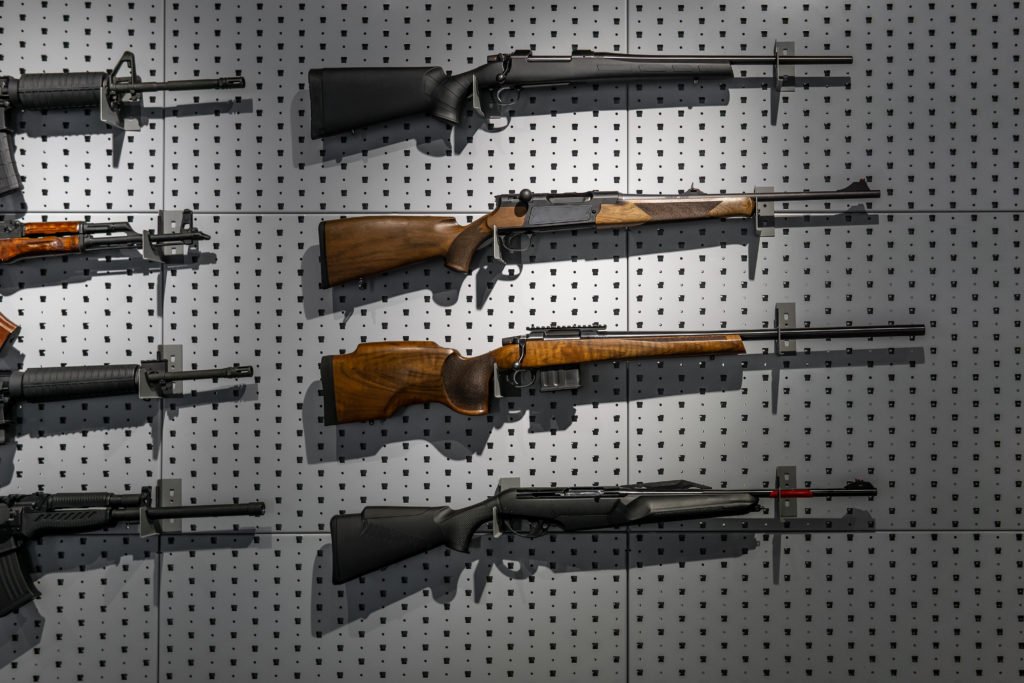The storage unit is an efficient solution to store your belongings in a safe place. The storage of your belongings in this space must follow certain guidelines and regulations. In particular, it is important to exercise extreme caution when storing. For safety and practicality reasons, certain things are not allowed in the storage unit.
When you rent a self-storage unit, you must first make sure that the goods to be stored fit into the space provided for this purpose to prevent possible damage. It is also important not to store things that could jeopardize the entire contents of your premises. You will be sure to get your stuff back in perfect condition.
Discover 10 things not to store in your storage unit and why storing them is not recommended.
1. illegal substances
Anything that is prohibited by the Swiss government should never be kept in your self storage unit. Do not keep drugs, unauthorized medications, illicit alcohol or other illegal substances in your home. Items that have been stolen or fenced are also prohibited.
Also, do not use the storage unit to commit illegal operations or to smuggle things in and out of the country. Indeed, the discovery of illegal objects in your storage unit will expose you to legal proceedings.
2. perishable and malodorous goods
The storage unit is not intended for the storage of perishable goods on a short or long term basis. They can rot and attract a wide variety of insects and pests such as rodents and other small mammals. These can damage property on your premises and those of your neighbors.
Perishable foods are likely to give off a putrid odor, which will create an environment for mold and bacteria to grow in your storage unit. This will multiply the risk of rodent and pest infestation in your and your neighbors’ storage space.
Putting food and other perishable items in a storage unit can do a lot more damage than you think. It is imperative that perishable and smelly foods be kept out of the storage area.
3. flammable and combustible materials
Flammable items and combustibles should not be kept in the storage box under any circumstances for safety reasons. In addition, they can easily cause a fire or explosion resulting in the destruction of your belongings or injury to people.
Paint, chemicals, oil, grease, propane and gasoline are examples of things not to keep in your storage unit. Explosives and fireworks are prohibited.
If flammable items and combustibles stored in your cubicle cause an explosion or fire, you are legally responsible for the costs associated with cleaning and repairing the damage. In fact, your insurance company may refuse to pay for the damage by calling the act negligent.
That’s not all! Storing explosive substances in a self storage unit can be classified as a crime.
4. the animals
Animals of any kind, whether live or dead, are not allowed inside the storage bays. Keeping an animal alive in this space is illegal and inhumane. If you are going to be away for an extended period of time, leave your pet with pet sitters, a friend or a relative while you are away.
The storage box is absolutely not suitable for living beings. It is often not well ventilated. Your animals may die of suffocation in this space. Some animals can become dangerous and pose an obvious threat to the people in charge of the stalls.
5. high value objects
Keeping valuable items in a storage unit is not a good idea. It is advisable to place them in your safe to minimize the risk of loss or theft. Remember to keep your jewelry and any items of sentimental value in your home.
It is important to note that there are no regulations preventing you from storing your valuables in a storage unit. You are then free to choose where you want to keep your valuables.
6. wet items
A storage room must remain dry to keep its contents in good condition. Avoid keeping wet items in the room to avoid exposing your other belongings to moisture. It is recommended to dry them well before placing them in your storage space to avoid the development of mold and bacteria.
In fact, a humid room is more likely to promote the development of bacteria, mold and mildew. These three elements can quickly damage the goods stored in your box. In addition, moisture accelerates the decay process of any wooden item and causes irreparable damage to your most valuable possessions.
A storage unit is large enough to accommodate a variety of boats and accessories, including canoes, kayaks, rafts and even camping and scuba diving equipment. However, remember to dry them well before putting them away. You should also not keep water tanks in the storage room.
7. liquids
Liquid containers are generally not wet themselves. In the event of a leak, your storage unit and your belongings may get soaked, which will undoubtedly cause damage. If the liquid in question is flammable, such as oil or gasoline, it may catch fire and cause a fire.
Storing bottles of alcohol, water or juice in a storage box is also not recommended. Even if they do not leak, prolonged storage can make the drink unfit for human consumption. Bisphenol A (a chemical) can be released from plastic water bottles if they are stored for an extended period of time in hot environments. The water in the bottle will then become undrinkable due to the presence of BPA.
8.unregistered or uninsured vehicles
Unregistered or uninsured vehicles are not allowed in the storage facility. It is then advised not to keep a car, a boat, a truck, a trailer, a motorcycle… out of working order in this place.
Before allowing you to store your vehicle on their premises, storage facilities ask for documents proving that the vehicle is properly registered and insured. Without proper proof, a reputable self-storage facility will not allow you to store your vehicle on their premises. You are required to purchase insurance to cover your car while in storage.
9. firearms
The storage facility does not allow the storage of firearms or ammunition, whether or not you are legally permitted to carry a firearm. All firearms and hunting equipment are prohibited in this type of premises. Indeed, ammunition is considered an explosive object that can cause considerable damage. This provision was made for safety reasons. If you have a gun permit, consider keeping your gun in your safe to limit the risk of theft.
10.the wine
Wine is one of the beverages that should not be kept in a storage unit, although it can remain fresh for several years. The temperature range in this space will only accelerate the deterioration process of your vintage. Indeed, the wine must be stored in a place offering well determined and controlled temperature conditions. To store your bottles of wine, choose a wine cellar or a place specially designed for this purpose.








